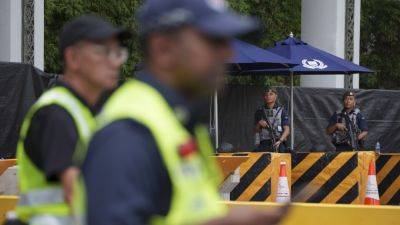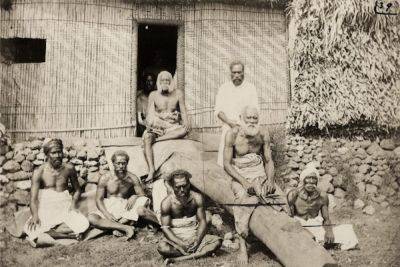US opens door for China advances in the Pacific
China and the US are competing for liquid real estate, undersea resources and military advantage among the South Pacific’s isolated island nations, a superpower contest to win influence over their economies, airstrips, seaports and security forces.
China is widely perceived as expanding its Belt and Road network across the Pacific’s watery “Blue Continent” to eventually reach North, Central, and South America plus Antarctica, all the while empowering Beijing’s military, markets, international policies and diplomacy.
On May 2, China scored a victory when the strategic Solomon Islands elected pro-Beijing Prime Minister Jeremiah Manele, 55, formerly foreign minister in the China-friendly government of outgoing prime minister Manasseh Sogavare.
The US, Australia, New Zealand and their allies were already worried because the two countries signed a 2022 bilateral Solomon Islands Security Agreement.
Critics feared the China-Solomon Islands pact could allow Beijing to construct a navy base on the islands, situated 2,000 kilometers northeast of Australia. China and the Solomon Islands said the pact would not result in a Chinese military base on the nation’s six main islands or 900 smaller islands.
“We are not stupid to ask for a military base, as we ourselves could be a target for a military strike in the future in the event of an armed conflict between the major powers,” Manele, then foreign minister, told Parliament in 2022.
“Having a stable Solomon Islands is also about securing stable and prosperous Pacific region,” he said.
China trained the Solomon Islands’ police, provided water cannon vehicles and boosted their anti-riot tactics after unrest, some of it anti-Chinese, disrupted the islands.
Protests, riots, arson and






